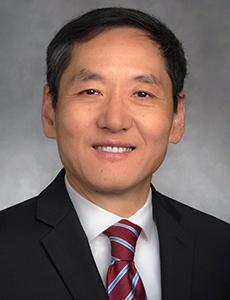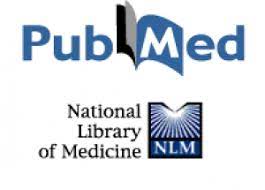
Prostate cancer cells rely on an amino acid called glutamine to fuel their rapid growth and invasive behavior, as reported by Dr. Jiaoti Huang’s lab in a recent paper published in the journal Proceedings of the National Academy of Sciences. The Huang lab also demonstrated that inhibition of a key enzyme (GLS1) can prevent glutamine carbon utilization by the tumor cells, starving them to death.
Clinical experiences in other tumor types suggest that the tumor cells will eventually develop resistance to GLS1 inhibition. To overcome this obstacle, Dr. Lingfan Xu, a former postdoctoral fellow in the Huang lab, studied the reason prostate cancer cells survive GLS1 inhibition and discovered that while glutamine carbon utilization is inhibited, an alternative pathway utilizing glutamine nitrogen is activated, leading to the production of other growth-promoting molecules. Hence, any therapy effect seen with a single agent will be short-lived.
They conclude inhibiting glutamine carbon and nitrogen pathways makes it more difficult for tumor cells to escape the inhibition, resulting in long-lived, durable tumor control.
The most recent work was published in the journal Oncogene and was supported by grants from the Department of Defense, the Prostate Cancer Foundation and the National Institutes of Health.
